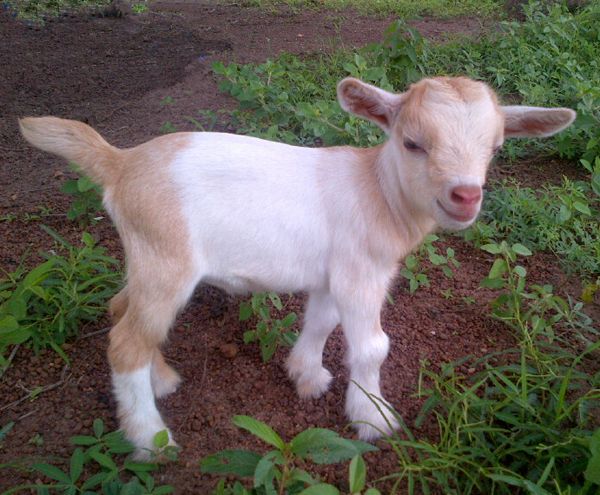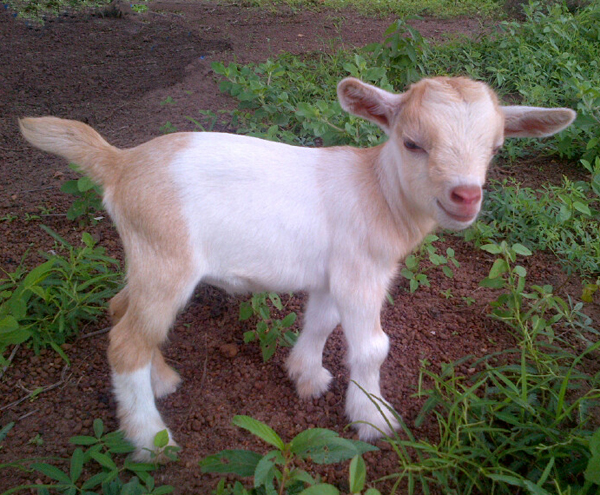A Living Bank

 Greetings from Bolgatanga! I am here in northern Ghana visiting the programs of our local partner, ADDRO (the Anglican Diocesan Development and Relief Organization), in the Anglican Diocese of Tamale. Bishop Jacob Ayeebo and some of the regional and local ADDRO staff have been graciously touring with us and introducing us to people who are participating in the agriculture, micro-finance and integrated health programs.
Greetings from Bolgatanga! I am here in northern Ghana visiting the programs of our local partner, ADDRO (the Anglican Diocesan Development and Relief Organization), in the Anglican Diocese of Tamale. Bishop Jacob Ayeebo and some of the regional and local ADDRO staff have been graciously touring with us and introducing us to people who are participating in the agriculture, micro-finance and integrated health programs.
Being from out West, you’d think I’d know a thing or two about livestock – but I feel like I learned more this week about how animals fit into the daily lives and economies of rural communities than I ever did at home.
To start, the head of agricultural programs for ADDRO told us in his briefing that animal production is more stable than agriculture because it doesn’t depend as much on rainfall. This is important because the climate in Ghana has changed over the past several generations, and rains are less predictable than they used to be.
At the market in Binaba, we met a micro-finance participant who operates a food stall. We learned that after she pays back her loan, which she uses to buy rice and ingredients for the stews that she sells, she invests her savings in livestock, which she sells when she needs extra money.
After that, a program leader in a rural part of Binaba told us that animals were a smart investment because even if the crops didn’t produce much grain, the animals could at least eat the green parts of the plants and survive that way. He also told us that although cows and sheep are the preferred animals, goats are hardier and multiply faster, making them a good strategy in tougher times.
The thought of livestock as a sort of “living bank” had never occurred to me, but it makes a lot of sense! Animal husbandry provides sustainable sources of food and labor, and it also stabilizes local economies and helps people earn income to care for their families. No wonder livestock are a cornerstone of Episcopal Relief & Development’s strategies to alleviate hunger and improve food supply, here in Ghana and around the world.
—————–
Faith Rowold is the Communications Officer at Episcopal Relief & Development.
Photo Credit: Rob Radtke, Episcopal Relief & Development


